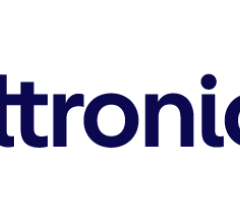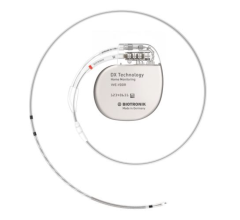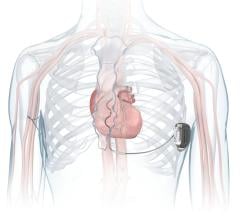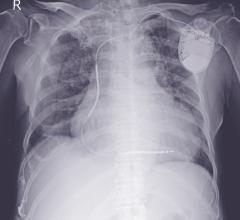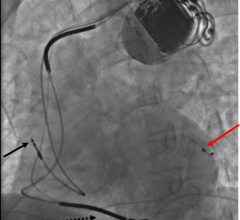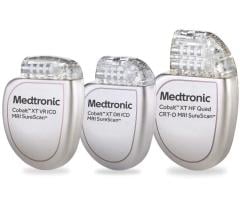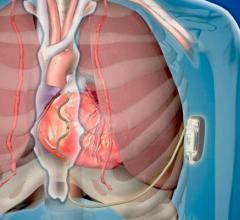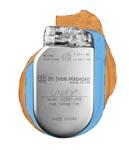
The Unity CRT-D is smaller than previous St. Jude Medical CRTs, as showing in this comparison.
February 5, 2010 – European CE mark approval was granted and first implants reported for the Fortify and Fortify ST implantable cardioverter defibrillators (ICD) and Unify cardiac resynchronization therapy defibrillator (CRT-D). The reduced size of these new devices compared to those of previous generations creates one of the smallest available device footprints in the industry.
St. Jude Medical said the devices will be fully launched in Europe later this spring, and U.S. versions of the Fortify ICD and Unify CRT-D are expected to be launched later this year. The devices feature new battery technology and circuitry that allow for a smaller device, with more energy capacity and rapid charge times, all while increasing device longevity. The energy capability of a device is particularly important for patients who have an enlarged heart, low ejection-fraction, advanced heart failure or previously demonstrated a high defibrillation threshold (the amount of energy required to shock the heart back to a normal rhythm). These devices feature 40 J of delivered energy (45 J stored) – the highest energy level available in the industry – helping to ensure that therapy will be successful for those patients who require a higher energy shock for defibrillation.
Because of the devices’ narrower shape, physicians can implant them using a shorter incision, leading to less time spent closing the incision and a smaller scar for the patient. The SJ4 lead connector system further reduces the number of connections between the defibrillation lead and the device, which can improve patient comfort by reducing the bulk of wires in the patient’s chest.
The Unify CRT-D and Fortify ICD also incorporate the new CorVue pulmonary congestion monitoring algorithm. This new feature alerts physicians when a patient’s heart failure may be worsening, as evidenced by changes in electrical signals that can be correlated to increased congestion, or fluid retention, in the chest area
Both devices also have features that are designed to assist in the reduction of unnecessary shocks, including painless anti-tachycardia pacing, which can be used for fast ventricular arrhythmias prior to or while the device is preparing to deliver shock therapy, and other enhanced technology for reducing inappropriate therapy.
“This new device platform provides a number of new features that will help me to improve management of my patients with ICD and CRT-D devices, while delivering new safety features on top of St. Jude Medical’s already reliable technology,” said professor Werner Jung of Schwarzwald-Baar Klinkum in Villingen-Schweningen, Germany. “The combination of the devices’ smaller size and SJ4 connector system also streamlines the implant procedure and makes the device more comfortable for my patients.”
In addition to the family-wide features of the Unify and Fortify devices, the Fortify ST ICD features St. Jude Medical’s first-to-market ST segment monitoring diagnostic algorithm, which can add important information to assist in medical decision-making and accelerate patient care. The Fortify ST ICD continuously monitors for specific changes in the ST segment of the electrocardiogram that can indicate the onset of serious conditions such as ischemia (which occurs when blood flow/oxygen to the heart muscle is obstructed). Because many cardiac episodes are transient in nature, the continuous ST monitoring capability available in the Fortify ST ICD gives physicians more comprehensive information over time compared to the standard electrocardiogram that would otherwise only be recorded in the physician’s office.
The Unify CRT-D and Fortify ICD are pending FDA approval.
For more information: www.sjm.com


 January 13, 2026
January 13, 2026 

